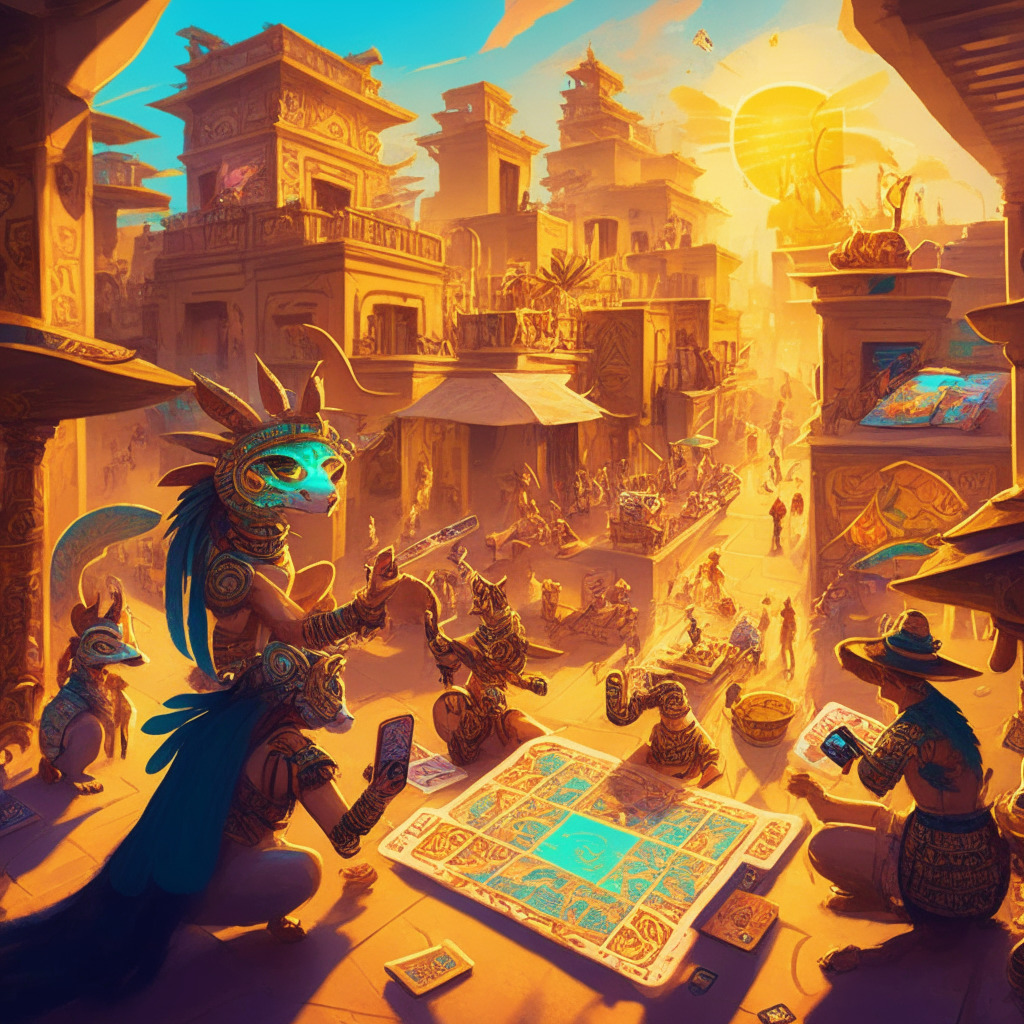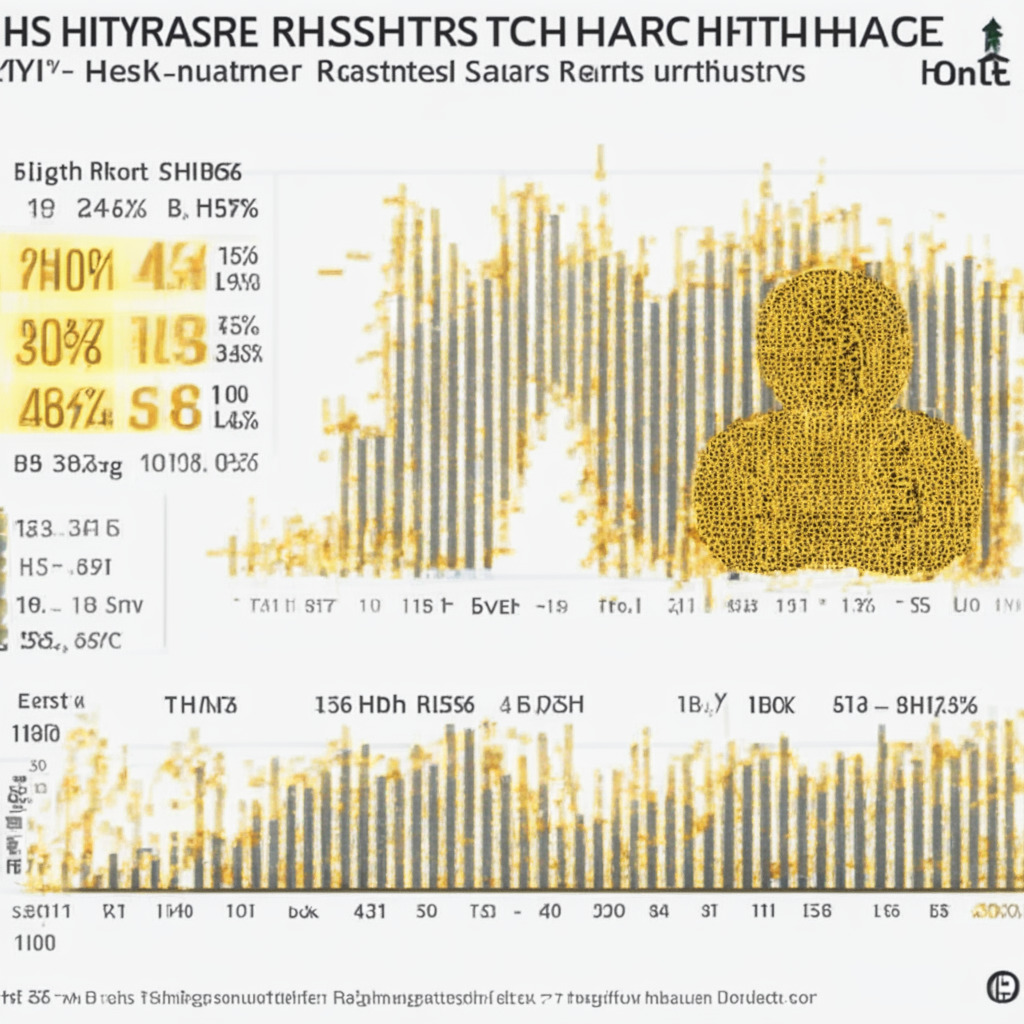Non-fungible token (NFT) project, Axie Infinity, developed by Sky Mavis, is expanding its reach by launching its Axie Infinity: Origins card game on the Apple App Store in key markets across Latin America and Asia. These markets, including Argentina, Colombia, Peru, Mexico, Venezuela, Indonesia, Malaysia, and Vietnam, are where the game has gained notable popularity. Prior to this launch, the game was available in limited regions on the Google Play Store and through the company’s Mavis Hub.
The card-based strategy game offers players free non-NFT “starter” characters, a nod towards accessibility in the world of NFT gaming. Boasting 1.5 million installs across all platforms, Sky Mavis aims to continue its global expansion via Google and Apple mobile users. This opens up a new generation of gamers into the Axie Infinity universe, but some may argue that this is a double-edged sword. While it provides more accessibility to the masses, it could also lead to potential market saturation and diluted value for existing players.
In addition to the Origins card game expansion, Sky Mavis is also launching Mavis Market, a curated NFT marketplace powered by the company’s native Ronin blockchain. From Wednesday, this platform will showcase collectibles from third-party game or dapp developers who have deployed on Ronin. Furthermore, the company is planning to launch a merch store, furthering its commitment to a player-owner digital nation, as stated by Sky Mavis CEO Trung Nguyen.
Despite its recent achievements, Axie Infinity has had to overcome significant challenges, one of which being the $625 million hack last year. In response, Sky Mavis revamped Ronin’s core systems in March to bolster its decentralization and security. Critics, however, argue that increasing a network’s security measures is merely a stopgap solution – more could be done from the outset to prevent such attacks.
To strengthen its ecosystem, the company has also partnered with various game development studios, such as Tribes Studio, Bali Games, Directive Games, and Bowled.io. These partnerships allow select games to use the Axie Infinity IP, extending its influence in the NFT gaming sphere. Ultimately, these partnerships demonstrate the company’s adaptability in a fast-growing industry beset by competition.
As Axie Infinity expands its presence on app stores and its ecosystem through partnerships, both the benefits and potential drawbacks of these endeavors emerge. Its commitment to accessibility and player-ownership certainly resonates with the player-base, but it’s essential to strike a balance between growth and maintaining the value of the in-game assets. Furthermore, building a more secure and robust NFT gaming environment will continue to be a challenge in the rapidly evolving landscape. Time will tell if Axie Infinity and its creator Sky Mavis can endure these challenges and continue to thrive.
Source: Coindesk




